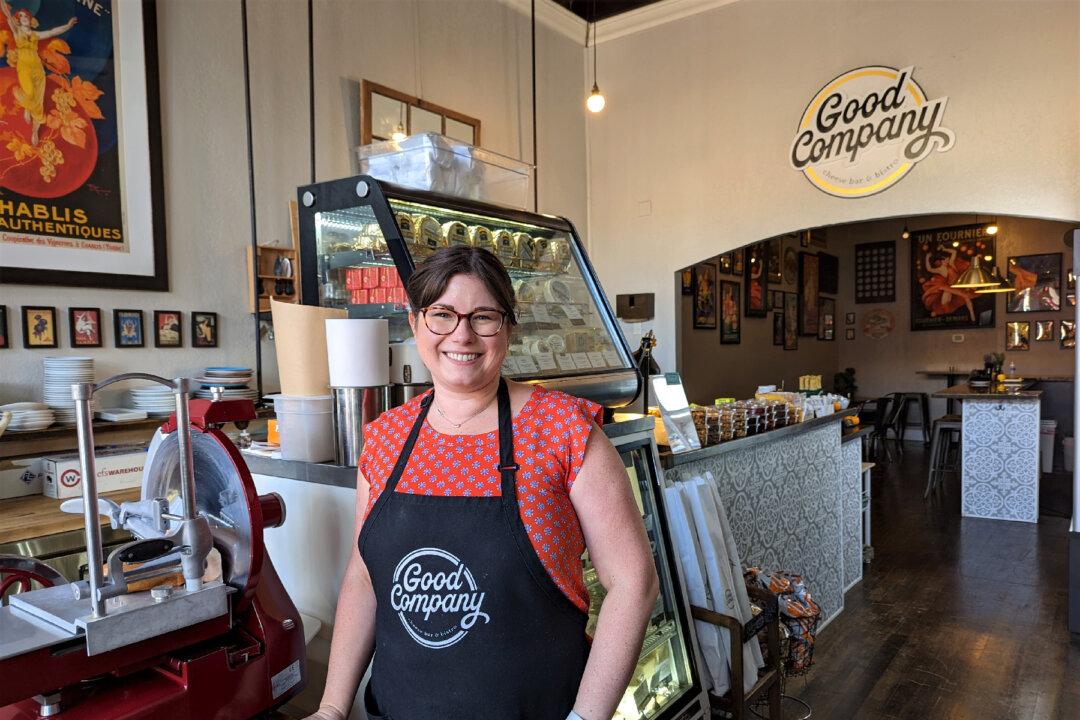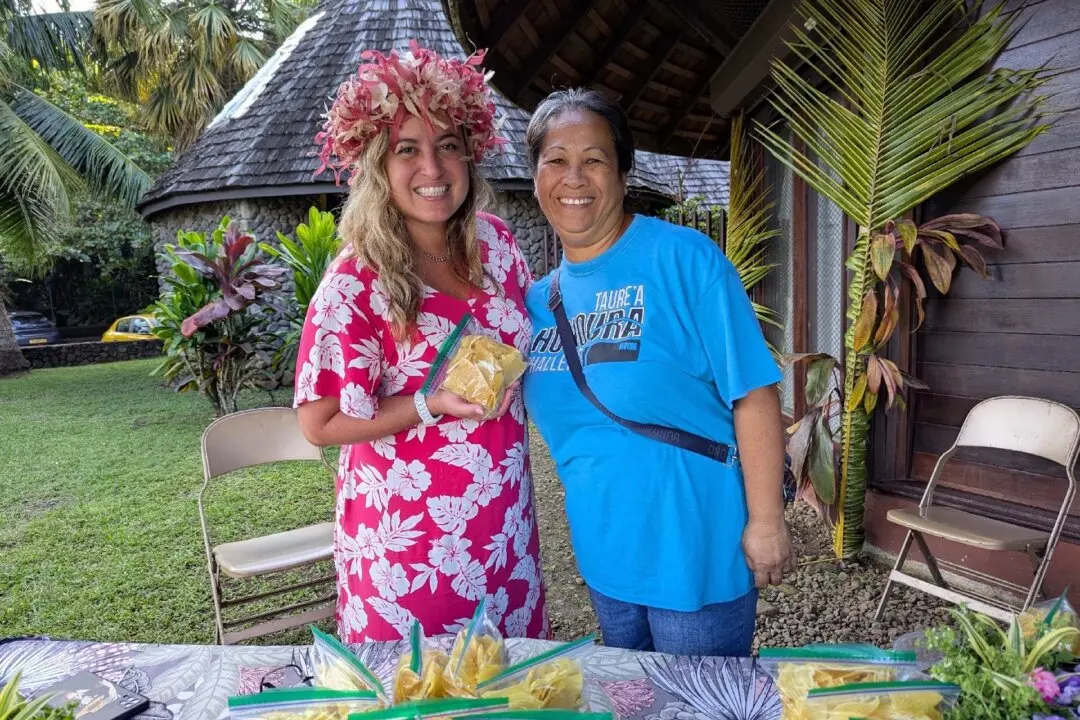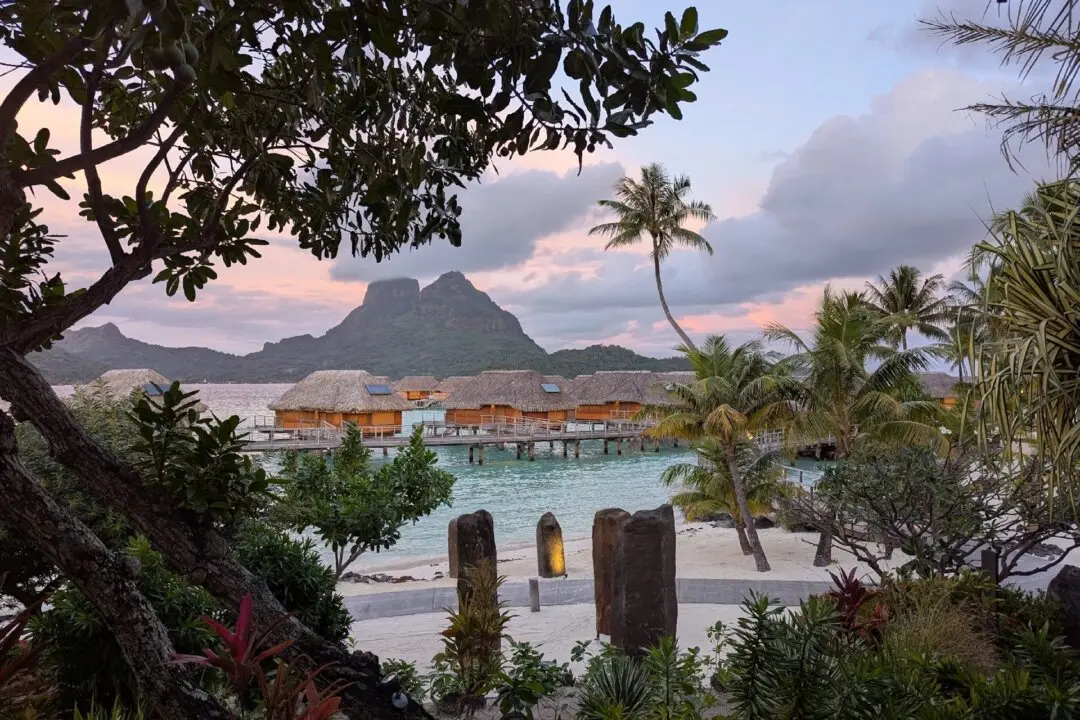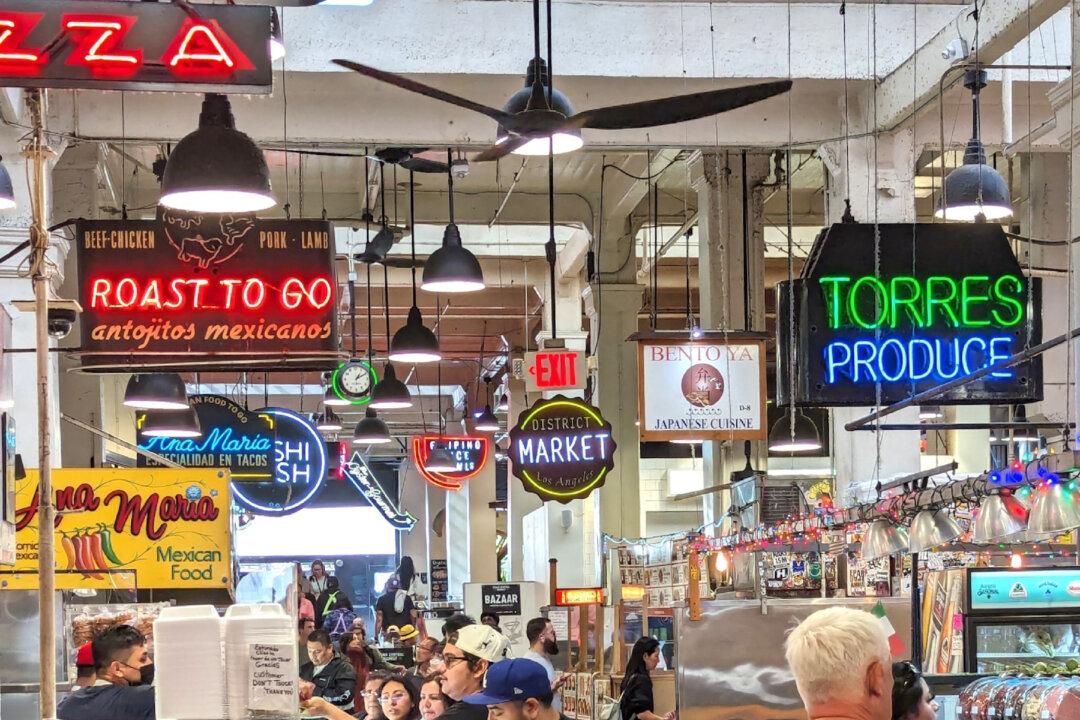One hour’s drive south of Portland, Oregon, lies the Willamette Valley, land of world-class pinot noir, hops heaven, and change-makers who are transforming the future of travel. Towns thrive along the great Willamette River, including Portland, the state’s largest city. It’s also home to Salem, the state capital, and more than half of the state’s population lives here.
My husband and I rented a car and left the big city for country roads and the throwback town of Newberg—the gateway to Oregon wine country. It is cultivated by forward-thinking entrepreneurs, winemakers, brew masters, and restaurateurs with much in common: love for the mighty river, the region’s bounty, and mindful tourism.





